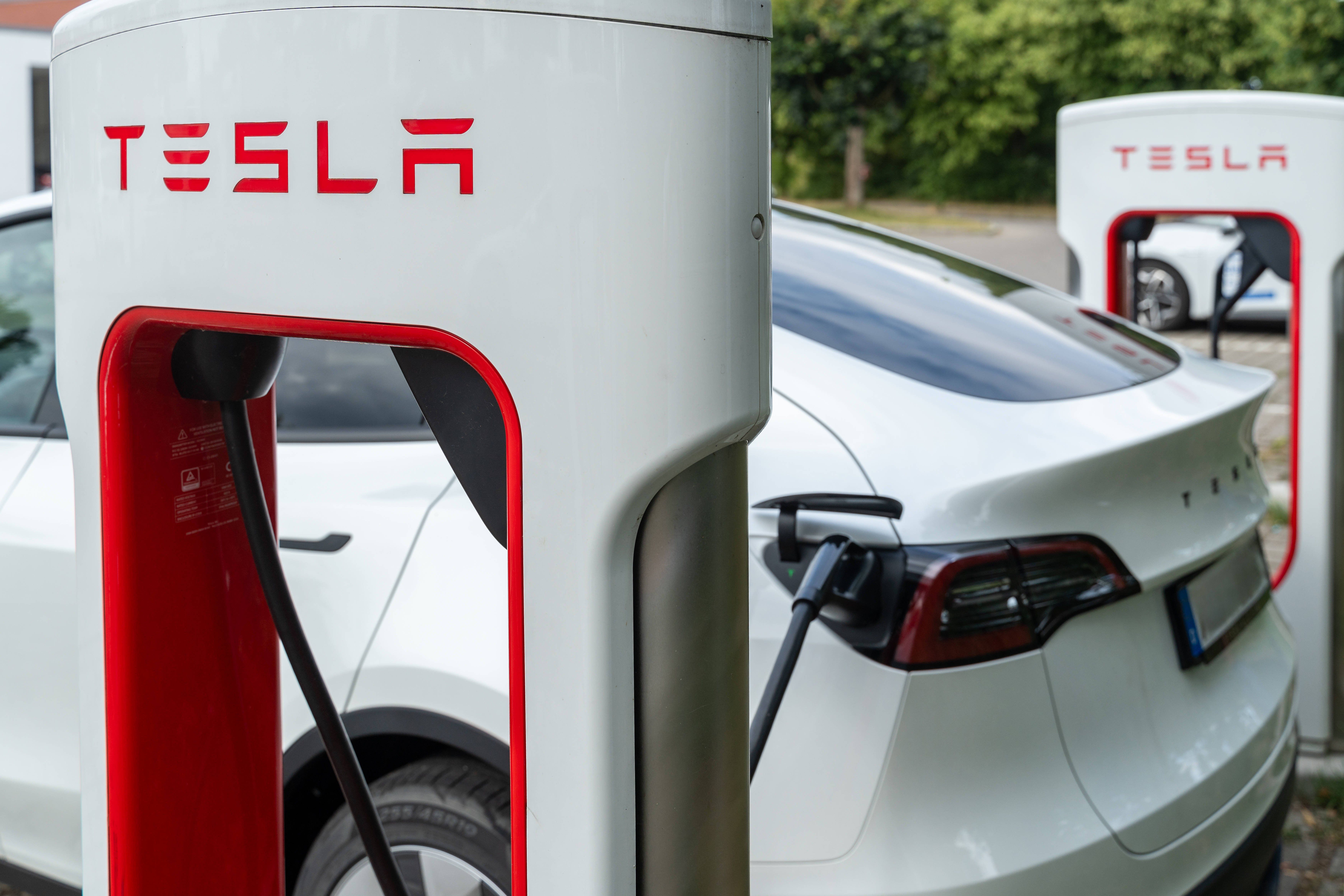Both President Joe Biden and PM Justin Trudeau want their countries to be leaders in the electric vehicle industry … but are drivers in each country ready to make the leap?
According to a new study by J.D. Power, Americans are more likely than Canadians to consider buying an electric vehicle. It showed a 13-point drop in the number of Canadians keen to buy an EV, dropping from 47% last year to 34%.
Just over one in five Canadians are “very likely” to consider an EV the next time they buy a vehicle. In the United States, meanwhile, 61% of those shopping for a vehicle are likely to consider buying an EV – a 27-point jump on their northern counterparts.
In 2022, there were nearly 763,000 EVs registered in the US compared to just over 462,000 in 2021, and the first quarter of 2023 saw 246,624 registrations, nearly 100,000 more than in the same period last year. In 2021, Canada hit record-high EV registrations at just over 86,000, and by the fourth quarter of last year, EVs represented nearly 10% of all registered vehicles. But the first quarter of 2023 saw the EV sales share dip back to 9.1% compared to gas vehicles.
Why the EV reluctance? First, there’s concern about how far a car can travel on a single charge – aka range anxiety. This relates to both a real and perceived lack of charging infrastructure, especially in more remote areas.
The US has a more robust network with around 51,000 public charging stations, and President Joe Biden allocated $7.5 billion in 2021 to help build an additional 500,000 public EV charging units before 2030 (stations often have multiple charging units). Canada, meanwhile, surpassed 20,000 charging stations nationwide this spring and plans to hit 84,500 charging units by 2027 supported by CA$1.2 billion in federal funds. In May, the US and Canada announced plans for an electric charging corridor running from Quebec City, Quebec, to Kalamazoo, Michigan.
So the relative EV reluctance from Canadian buyers is linked to the infrastructural lag, but cost is also an issue.
EVs are pricey. In the US last year, the average EV cost just over $60,000, compared to around $50,000 for a gas vehicle. In Canada, the average is CA$83,510 compared to CA$58,895.
EVs are cheaper to operate in the long run, but with high and rising interest rates, paying upfront for an EV can be prohibitively expensive. Government subsidies in both Canada and the US aim to take some of the edge off the sticker shock (a tax credit of $7,500 in the US if the final assembly is done stateside and up to CA$5,000 as an instant rebate at the point of sale in Canada), but it may still take some time for consumers to get plugged into EVs. We’ll be watching to see whether improved infrastructure has the desired effect.
